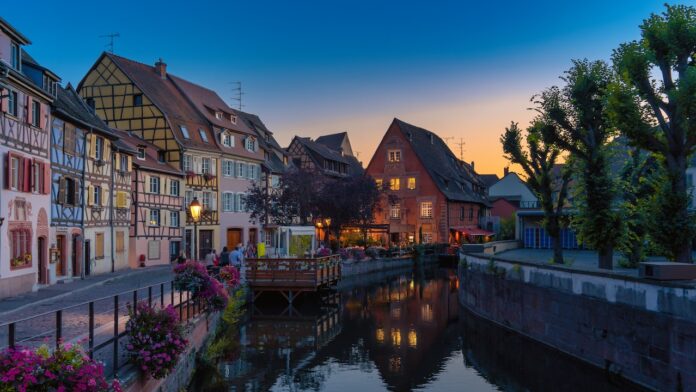The COVID-19 pandemic has led to a deterioration of mental health and well-being due to factors such as social isolation, financial losses, and health quality degradation. As a consequence, two researchers, Andreas H. Zins, from Curtin University Malaysia, Malaysia, and Ivo Ponocny from MODUL University Vienna, Austria, studied leisure travel’s influence on psychosocial wellbeing. They have published a paper titled “On the importance of leisure travel for psychosocial wellbeing” in the Annals of Tourism Research Journal. The impact of leisure travel on self-perceived psychosocial well-being is the focus of a study that analyzes data from previous research on the composition of quality-of-life indicators. The analysis aims to clarify the role of leisure travel experiences in state-like well-being.
Quality-of-life measures extend the material standard of living indicators by the more subjective aspects of freedom and rights to privacy, employment, fairness, education, and dignity, among others. While studies have identified key aspects such as psychological happiness or hedonic well-being, self-determination theory, broaden-and-build theory of positive emotions, theory of human flourishing, and flow theory in tourism research, there is no consensus on the definition of eudaimonic views and their relevance for living a good or fulfilling life. Longitudinal studies have not found conclusive evidence that leisure travel increases overall life satisfaction and happiness beyond a few months after a trip. The current study content-analyzes 508 narrative interviews from a range of theoretical lenses to explore the role of leisure travel experiences in the long-run.
Psychosocial wellbeing
Psychosocial wellbeing and leisure travel domains are discussed through respondents’ reflections on their experiences. Traveling creates emotions rather than cognitive satisfaction. However, only a few interviewees mentioned the impact of their recent or upcoming leisure trips on their mood or their ongoing joy. There were no explicit mentions of relaxation and recreation or the driving force of discovery and novelty seeking. The boundaries between short-term and long-term emotional effects are blurred, and their interpretation depends on context anchors like antecedent questions, topics, and events. Personal growth is linked to travel experiences, but some narrations were not specific enough to be considered as integrative goals. Respondents connect travel experiences to a change of perspectives, learning, deeper understanding, and spirituality.
Leisure travel
Leisure travel experiences play a significant role in both communal goals and relationships, as well as agency and self-determination, which are sub-dimensions of eudaimonic wellbeing. Attaining status and social approval from traveling can be considered part of communal goals, while travel experiences may provide mastery and freedom from social restrictions. Travel is also an important proof of economic success and achievement in life. Future travel goals often feature prominently in interviews, while financial or health constraints are the main restrictions to travel mentioned by interviewees.
The article discusses the importance of understanding the long-lasting effects of leisure travel on wellbeing. While some studies have explored this topic, few have used a longitudinal approach and most have only focused on momentary or occasion-specific wellbeing. The authors of the article draw inferences from unprovoked statements contained within discussions about global wellbeing, instead of a specific domain such as leisure and travel. Through biographical narratives and unobtrusive conversation, they aim to circumvent these limitations. They found that while the salience of leisure travel experiences is significant (around 55% in their sample), there were no correlations between two comprehensive single measures of happiness and satisfaction with life and the overall incidence of travel experiences depicting wellbeing.
The authors distinguish between hedonic and eudaimonic dimensions of wellbeing and found that leisure travel experiences could contribute to personal growth, positive relationships with others, and meaningful memories. They also found that people tend to adjust the weights attributed to leisure travel at the time but compensate by increasing the function of past or future achievements and growth opportunities.
The article is available at this link.

